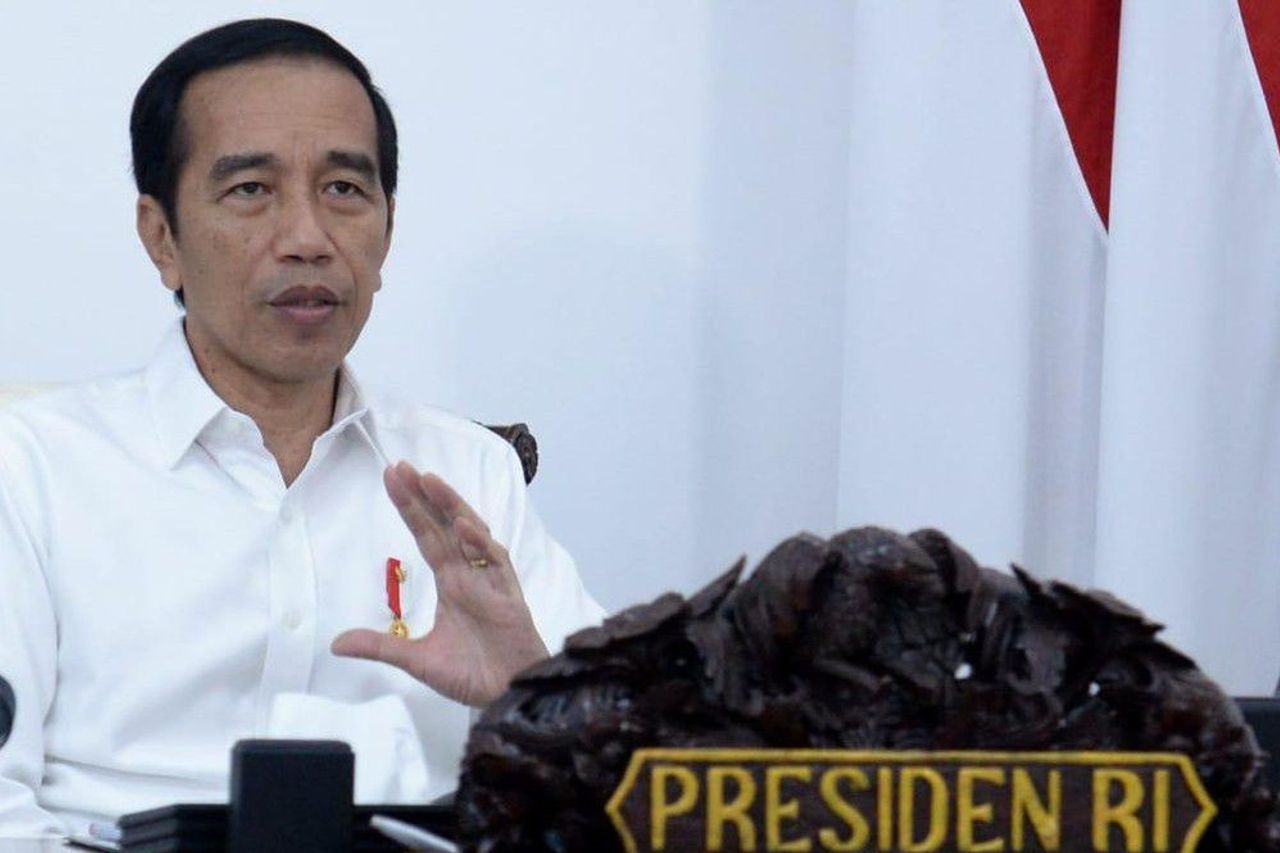Donald Trump's 2016 Presidential Campaign: What Do You Think Of The New Year?

JAKARTA - Senior political economy researcher from LP3ES Fachry Ali said the government's decision to establish a Ministry of Investment, can be likened to the country smiling broadly to the owners of capital.
In a plenary meeting on Friday, April 9, the House of Representatives (DPR) approved the establishment of the Ministry of Investment. This decision is a follow-up to the decision of the Board of Deliberations which discussed a letter from President Joko Widodo regarding the consideration of changing the ministry.
"It seems that the country should be as wide as possible smiling. Not to anyone, but the owner of the capital. The smile of the entrepreneur must be handled technically. What this entrepreneur asks for must be granted," he said in a virtual discussion, Saturday, April 10.
Fachry says it's not like that. That is, the state does not facilitate the demand of the owner of capital, then the state will lose investors. At investors can easily search for other countries.
"If not a big smile to the owner of the capital, it's another country ready to accept. Our competition is not just domestic politics," he explained.
Moreover, said Fachry, when viewed from the political economy, the government is exploring negotiations with the owners of capital to invest in Indonesia. This step reflects that the need for capital into the country is very high.
Currently, the government according to him needs costs outside of the state budget to fund various projects. One of them is infrastructure, which became the focus of President Joko Widodo's government in this second period.
According to Fachry, the switch of BKPM to the Ministry of Investment is a structural consequence of the issuance of Law No. 11 of 2020 on Copyright Work.
He said the beleid regulates a variety of things, especially the ease of business permits, and has a qualitative impact on the pace of investment. The presence of this broom law also aims to improve Indonesia's competitiveness globally. Because, Indonesia is still losing in terms of attracting investors because the investment ease index is still low.
In its assessment, the establishment of the Ministry of Investment can be considered more successful if the realization of incoming capital increases significantly. However, when the increase in investment realization reaches only 15 percent, the policy of changing the nomenclature does not answer the wishes of the state.
"If the Ministry of Investment is the same as the Ministry of Industry, Ministry of Agriculture, and Ministry of Energy and Mineral Resources, then the goal is not to arrive," said Fachry.


